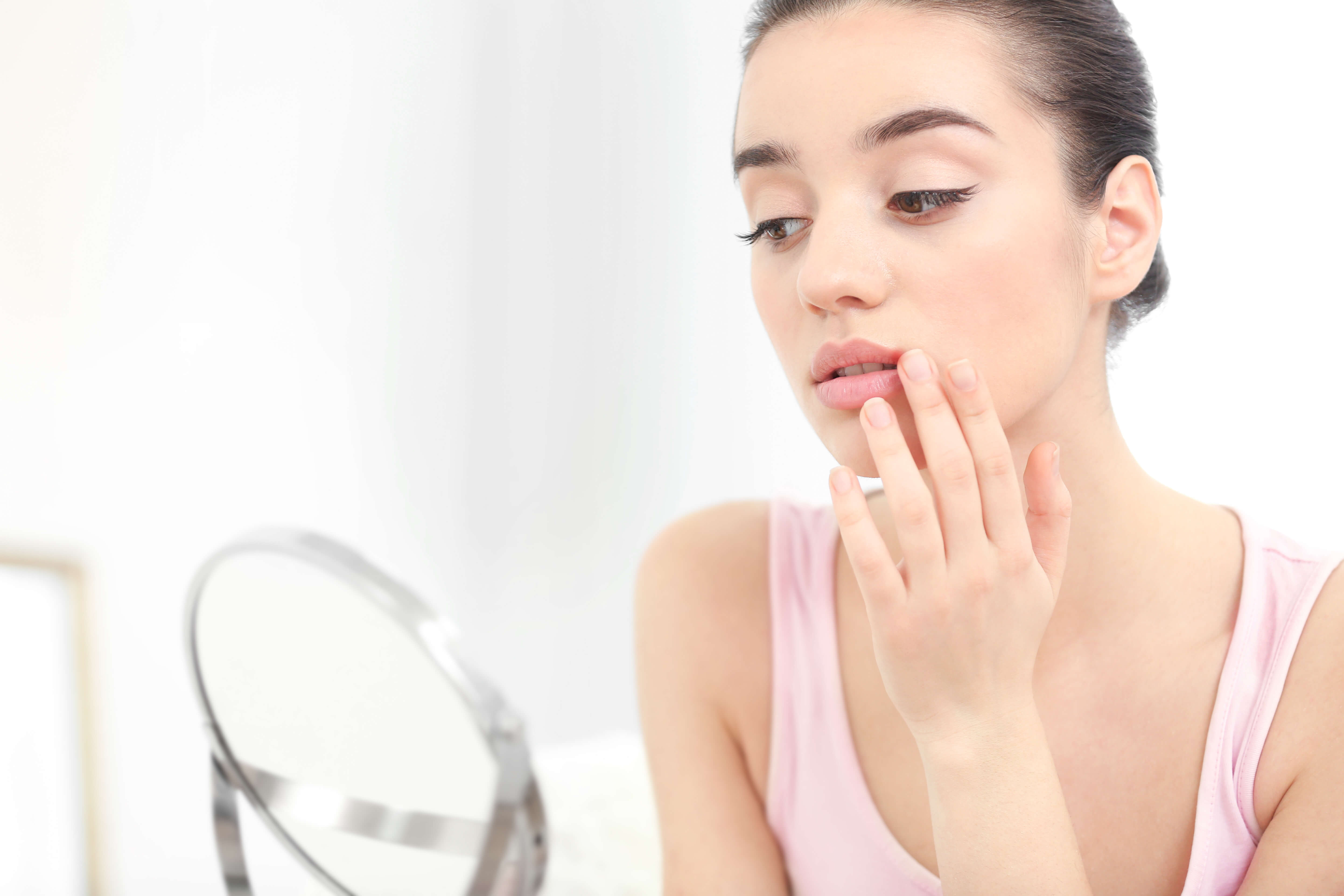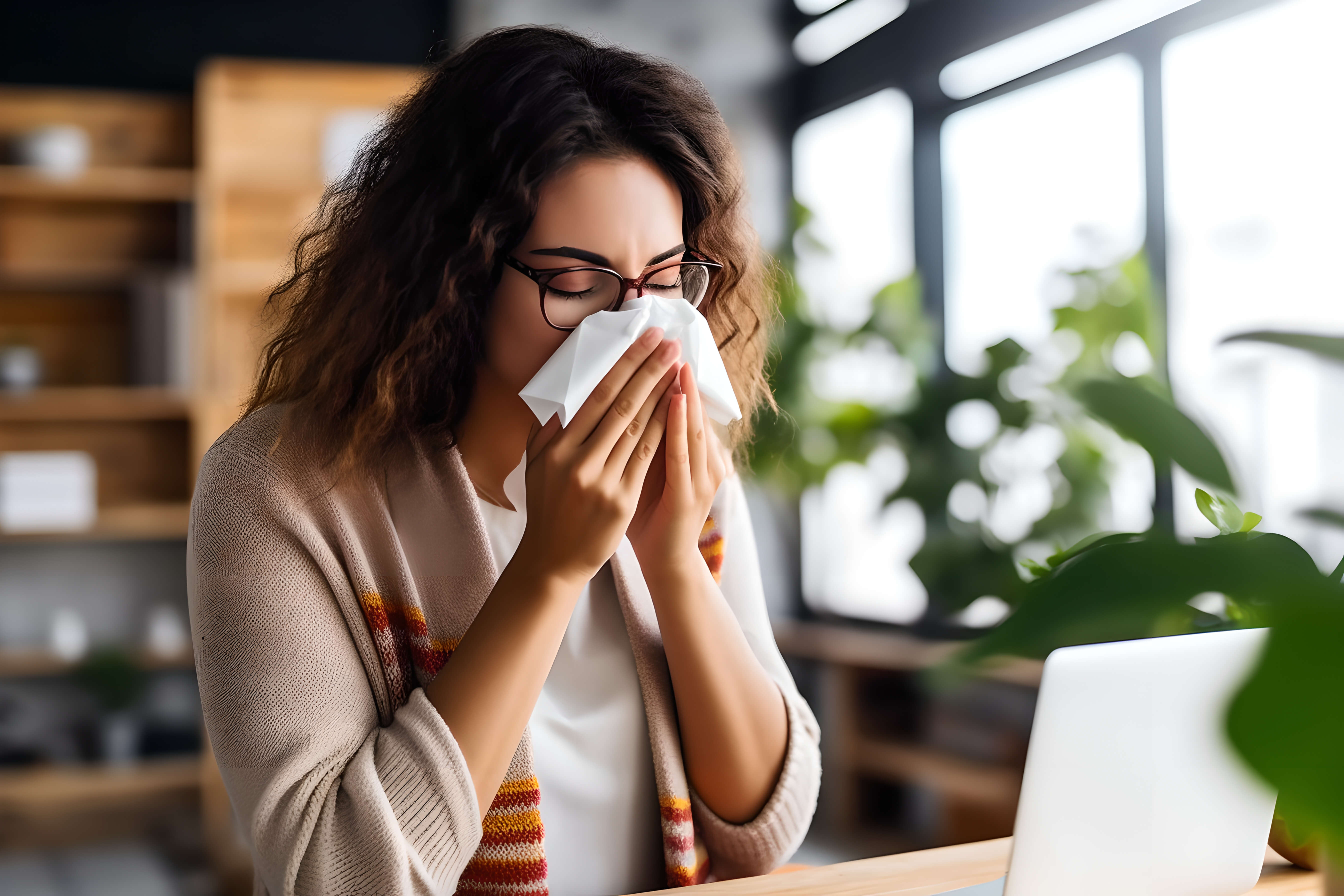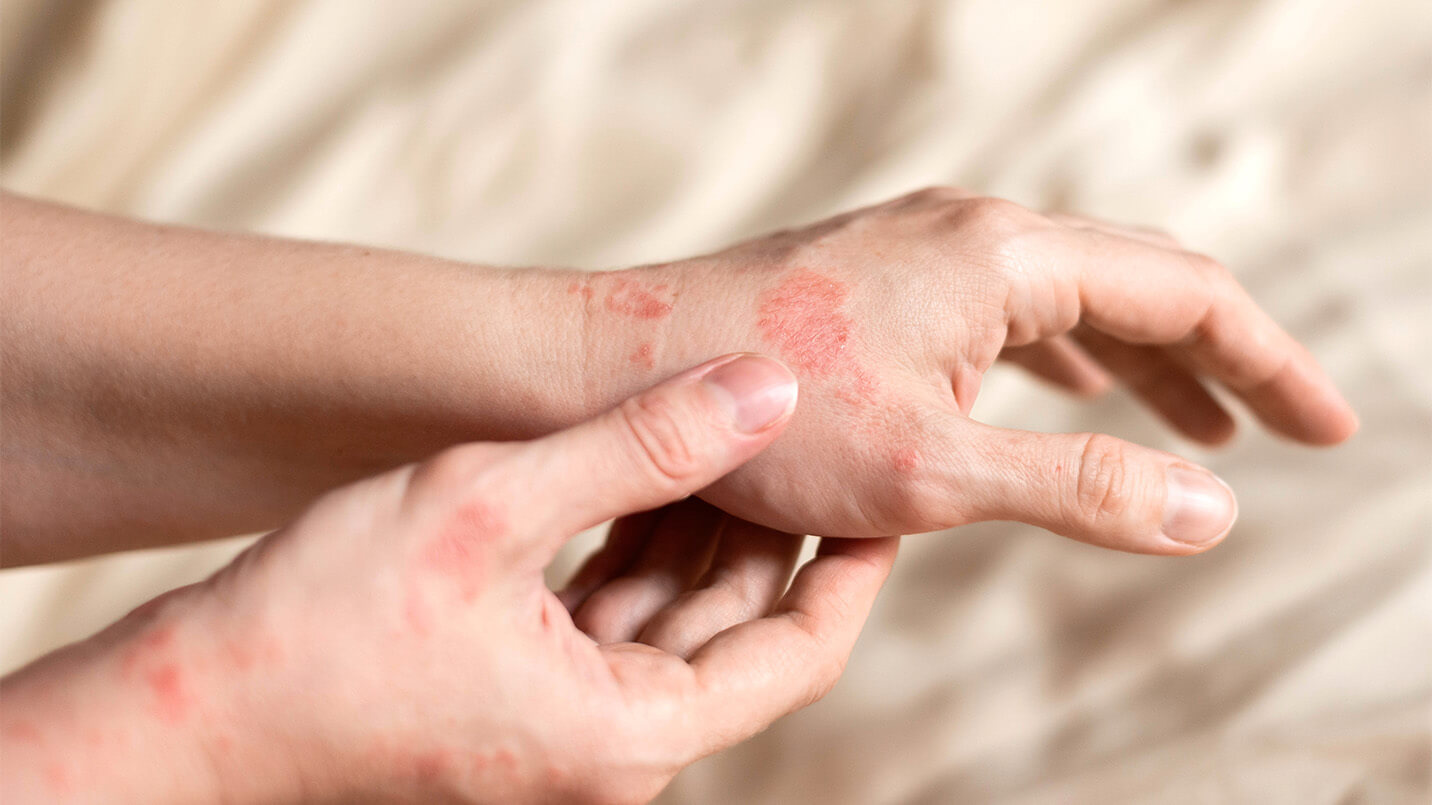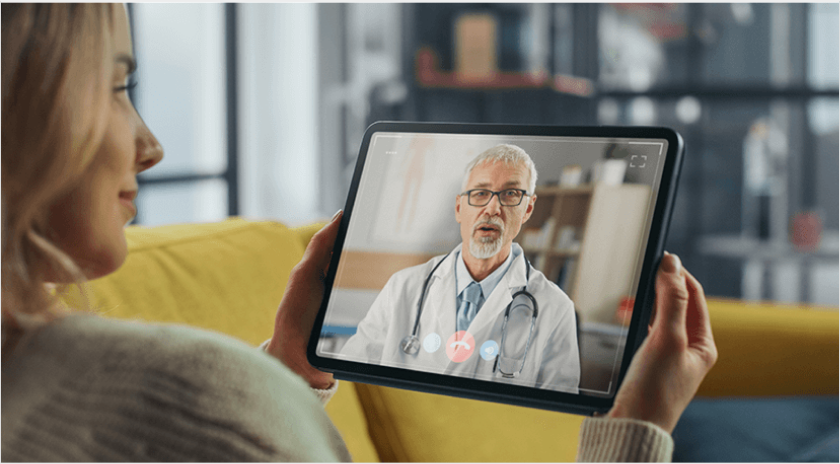Cold Sores: Causes, Symptoms and Effective Treatment
Discover the truth about cold sores and how to manage them for good

Picture this: you’re getting ready for a first date, and suddenly, you feel that all-too-familiar tingling, itching or burning sensation at the edge of your lower lip. A cold sore is coming—and with it— feelings of embarrassment. You may try to hide it with some concealer, but no such luck. You’ll just have to wait it out. Or do you?
You’re not alone, cold sores are a common viral infection that affects 50 to 80 percent of U.S. adults. These small, yet incredibly bothersome blisters can be uncomfortable and painful.. In this blog, we’ll shed light on this prevalent condition, diving into the causes, symptoms and treatment options for those badly timed cold sores.
Causes of cold sores
Cold sores are primarily caused by the herpes simplex virus (HSV), a term that might sound quite intimidating. However, the reality is less daunting than it may seem. There are two main types of herpes simplex viruses responsible for cold sores: HSV-1 and HSV-2
HSV-1: This type of herpes simplex virus is typically associated with cold sores. It is highly contagious and can be transmitted through close personal contact, such as kissing or sharing a drink.
HSV-2: While HSV-2 is commonly linked to genital herpes, it can lead to cold sores in some cases. This occurs less frequently than with HSV-1 and is usually the result of oral-genital contact.
Cold sores are contagious when you’re having a flare up—and can even be transmitted if there isn't one present.. Once infected with this virus, it becomes a lifelong companion. Let’s not sugar coat it, cold sore can suck, but thankfully there are numerous ways to manage its symptoms.
Periodic outbreaks may occur when the virus is activated, often triggered by various factors including:
Stress: Emotional stress weakens the immune system, making it easier for the virus to become active.
Sun exposure: prolonged exposure to UV rays from the sun can trigger cold sore outbreaks.
Illness: A weakened immune system due to illness or other infections can prompt the virus to reactivate.
Hormonal changes: Just like pimples can pop up when you are on your period, cold sore outbreaks can appear too.
Symptoms of cold sores
Recognizing and acknowledging the symptoms of cold sores is vital for timely intervention and management. Cold sore symptoms typically progress through several stages.
Tingling or itching: Before the appearance of blisters, many individuals experience tingling or itching sensations around the affected area. This is a sign that the virus is becoming active.
Blister formation: Within a day or two of the initial tingling, small fluid-filled blisters develop. These blisters are often painful and can appear on or around the lips, nostrils or even inside the mouth.
Oozing and crusting: This is where it can get ugly. The blisters may burst, releasing a clear or yellowish fluid. Afterward, they tend to crust over, forming a scab-like layer.
Healing: Over the course of several days to a couple of weeks, the cold sore gradually heals. The scab falls off, revealing healthy skin underneath.
Recurrence: It’s important to note that cold sores tend to recur in those who are infected with the herpes simplex virus. Recurrences can vary in frequency and severity. It is important to note that when you have an active cold sore, be aware of sharing things with others to prevent further spread.
Treatment options for cold sores
While there is no cure for the herpes simplex virus, various treatment options can help manage cold sores and alleviate symptoms.
Antiviral medications: Prescription antiviral medications, such as acyclovir, valacyclovir and famciclovir can help reduce the severity and duration of cold sore outbreaks. They work by inhibiting the replication of the virus.
Over-the-counter (OTC) creams: Some OTC creams, such as docosanol, can be applied to cold sores to relieve pain and promote healing. These creams are most effective when used at the first sign of an outbreak.
Cold Compresses: Applying a cold compress (or ice) to the affected area can help reduce the pain and inflammation that come with cold sores.
Pain relievers: Over-the-counter pain relievers, like ibuprofen or acetaminophen, can provide relief from the discomfort and pain caused by cold sores.
Avoid triggers: Identifying and avoiding triggers that lead to cold sores outbreaks, such as stress, excess sun exposure or certain foods, can help prevent future occurrences.
Hydration and nutrition: Staying well-hydrated and maintaining a balanced diet rich in vitamins and minerals can support your immune system’s ability to suppress the virus.
Sun protection: Sunscreen, sunscreen, sunscreen! Using lip balms or creams with SPF can help protect your lips from UV radiation, reducing the risk of sun-induced sores.
Good hygiene: Avoid sharing personal items like towels or razors can prevent the spread of the virus to others.
How can Agile help with common conditions?
At Agile, we believe everyone should have access to excellent healthcare, regardless of where you are or when you need it. We offer convenient, virtual care across the U.S. for your most common medical conditions. Our network of providers are ready to address your unique concerns to deliver effective, personalized treatment in a timely manner.
To tap into fast, cost-effective care and schedule a consultation with one of our licensed clinicians!


